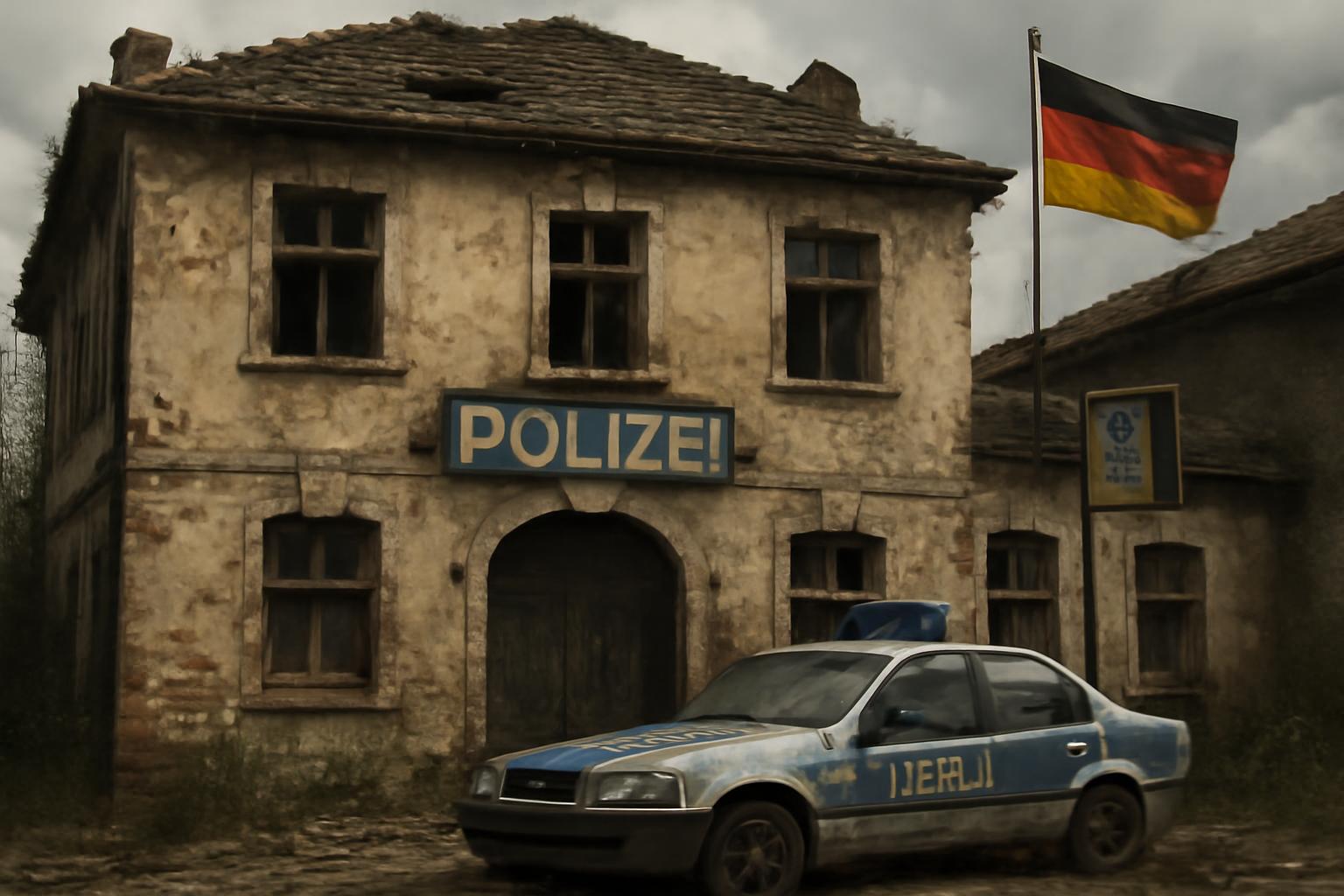One gathers from the report that hundreds of police stations are in a lamentable state, with health hazards lurking behind mold, vermin, dampness, and broken heating. There are decaying facilities, decades-old toilets, roof leaks, and not-quite-serviceable patrol cars. The union asserts that these conditions are more than inconvenient—they are dangerous to the health and safety of those tasked with protecting the citizenry. They warn that federal investments for the federal police are far from sufficient and that Germany faces a double-digit‑billion backlog in police real estate. They also fault the state of service vehicles—torn seats, excessive mileage, broken gear levers—deeming them embarrassing for the police. The call is for greater federal support for the states and, crucially, for rolling back federalism in areas such as digitization to deliver a properly functioning police force.
One cannot pretend this is merely a bureaucratic squabble over budgets. What we are witnessing is a moral failure dressed in technocratic language. The protectors of order—those who shoulder risk, who face the worst moods of weather and the worst temptations of vice, who stand between chaos and civility—are being accommodated as if they were tenants in a rundown inn. How delightful to hear that the grand machine of the modern state cannot even provide doors that keep out the damp or roofs that do not surrender to a single storm. It is scandalous, quite frankly, that the custodians of law must work in environments that resemble the weariness of a neglected duchy rather than the disciplined, efficient apparatus one would expect in a country that fancies itself a model for governance.
And yet the remedy, as proposed, is not a mere spruce-up of paint and carpets. It is a philosophical shift: more federal clout, less fondness for local fiefdoms when it comes to digitization and infrastructure. I admit that in some matters, federalism can be a virtue; in this matter, however, it has become an obstacle to competence. If the police are to perform their duties with any semblance of modern efficiency, if they are to be shielded from the health hazards that haunt their workplaces, then the central authorities must assume a heavier hand in critical investments and standards. Roll back the excesses of fragmentation, yes, and insist on uniformity in digital systems, training, and facilities management. The backlog is not merely a budgetary nuisance; it is a stain on the national reputation, a failure of leadership at a level one would hope to reserve for countries that truly understand the meaning of obligation to those who risk their lives in defense of public order. If we do not mend this, we must expect not merely cynicism from the rank and file, but a fundamental doubt about whether the state truly values the guardians within its own walls.
